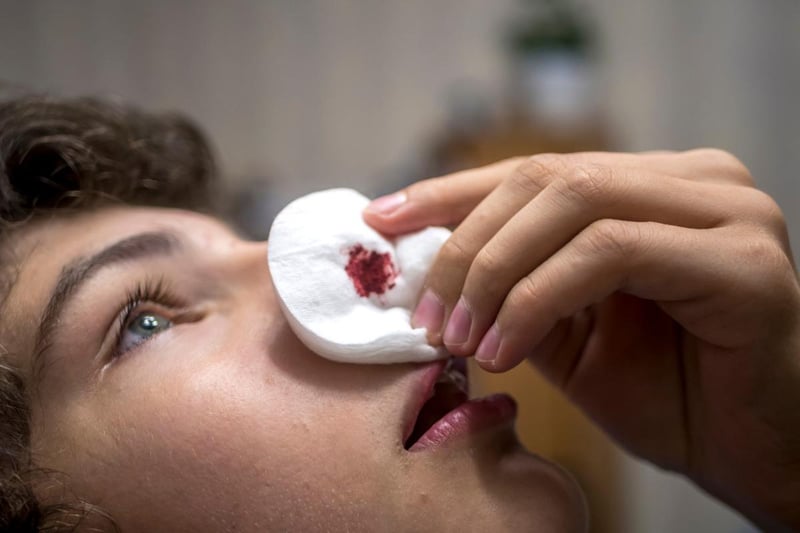5 Signs of Fentanyl Addiction in Teens

Fentanyl is a dangerous prescription drug. It's a synthetic opiate that is stronger than morphine. It can be injected, smoked, snorted, or taken by mouth. It's readily available by prescription to manage pain, especially for cancer patients or following surgery. Because it's so strong, the risk of overdose, and death, is high—over half of drug overdose deaths in the U.S. result from fentanyl use.
It's necessary to understand the signs of fentanyl addiction so you can help guide your teen's life in a different direction. For effective detox and long-term recovery, seek treatment immediately. Contact our team today at 662.373.2828 to learn more about the signs of fentanyl addiction and our fentanyl addiction treatment program at Stonewater Adolescent Recovery Center.
Signs of Fentanyl Addiction
Even though it's a drug prescribed by a doctor, a user can become addicted to fentanyl after just one use. Fentanyl is even being used to lace other drugs, like heroin, to make them stronger and more dangerous. For teens who are still learning how to make good choices, they may take fentanyl alongside other drugs or alcohol, not realizing how dangerous these combinations can be. Recognizing the signs of fentanyl addiction can help you save your own life or the life of a loved one. There are both physical and mental signs to look out for when it comes to fentanyl abuse in teens, including:
- Marks on arms from possible injection sites
- Extreme changes in sleep patterns, weight, and appetite
- Lack of interest in well-loved hobbies or activities
- Loss of jobs, relationships, and friends
- Noticeably poor performance at work or school
Symptoms of fentanyl abuse may also produce physical signs that resemble illness, like vomiting, shaking or lightheadedness. Look for dilated pupils and extreme lethargy as well. If the affected person becomes secretive, starts isolating themselves, or steals money, these are also red flags.
Fentanyl Substance Use Treatment
Unfortunately, fentanyl addiction frequently ends in overdose and death because of the lack of intervention. If you recognize any of these fentanyl addiction signs and suspect misuse of the drug by a teen you care about, seek help for them immediately. Professional services are needed to stop using this powerful drug, as detox and withdrawal symptoms can be impossible to manage without the proper support. For the best chances of long-term recovery, fentanyl addiction treatment should include an entire treatment regime: medically supervised detox followed by inpatient and outpatient programs.
When a teen receives treatment at Stonewater's, they first go through a comprehensive admissions evaluation to determine their needs and how to best treat them. Our holistic and evidence-based treatment options include:
- Group therapy
- Cognitive behavioral therapy (CBT)
- Dialectical behavior therapy (DBT)
- Art and music therapy
- Fly fishing therapy
Because of our focus on treating adolescent boys, we can offer a unique peer influence community program, where our residents can work together and support each other to prevent the risky behavior and unhealthy habits. Teens work on recognizing triggers to manage cravings and calling on others' experiences to address their obstacles.
Contact Stonewater to Learn More About Treatment for Fentanyl Misuse
If you or a loved one are using fentanyl, then educating yourself about the dangers of its use is wise. It's one of the most challenging drugs to stop using. If you identify symptoms of fentanyl abuse in your teen, reaching out for help can make the difference between life and death. Stonewater specializes in treating teens and their substance use or mental health disorders. In addition to treating fentanyl use disorders, Sonewater provides treatment for adolescent boys for other substance use disorders, such as:
- Alcohol use disorder
- Marijuana use disorder
- Dextromethorphan (DXM) use disorder
- Benzo use disorder
- Heroin use disorder
- MDMA use disorder
Give the Stonewater team a call at 662.373.2828 to see how we can help you or your teen.

.jpg)

